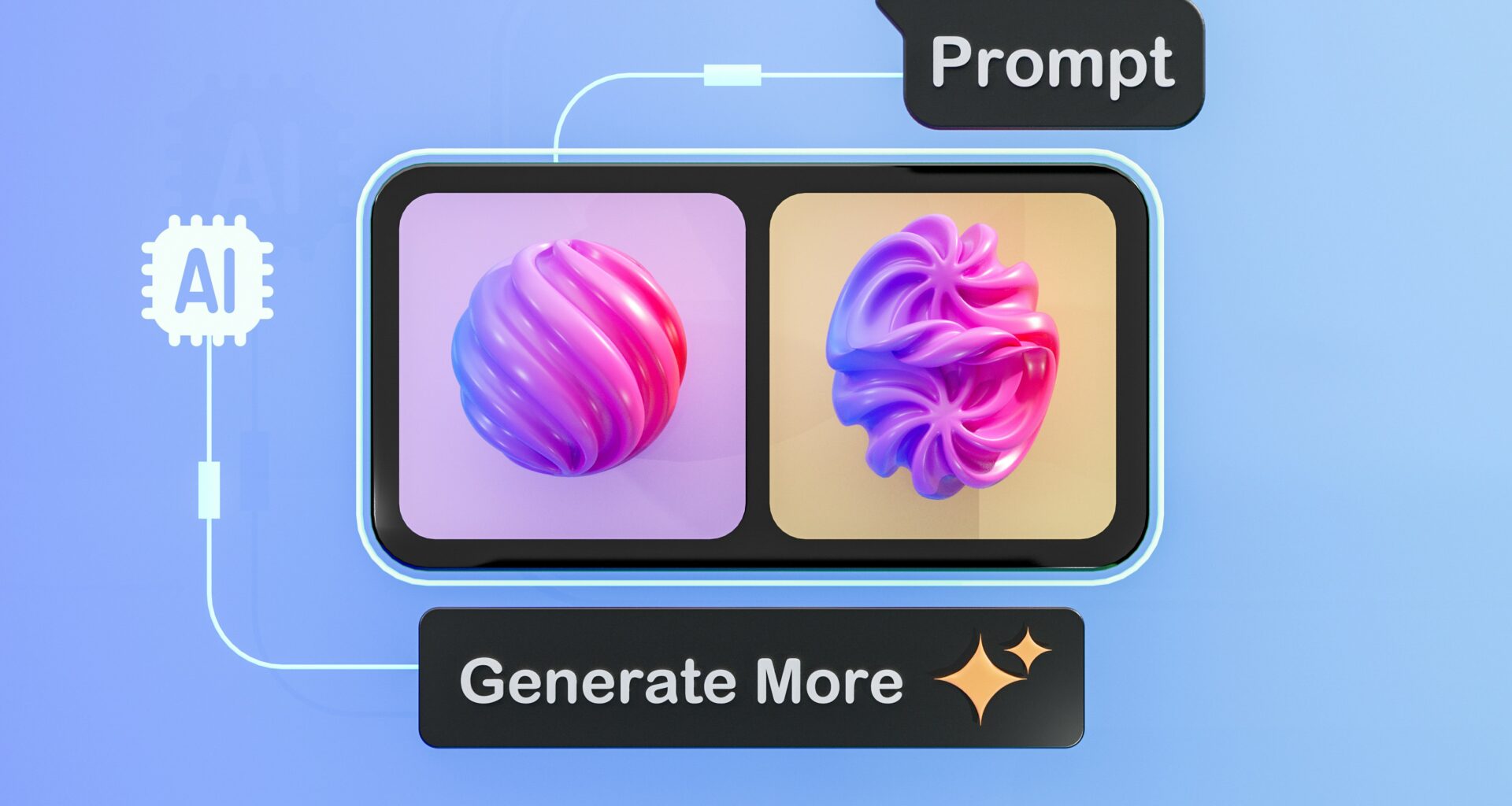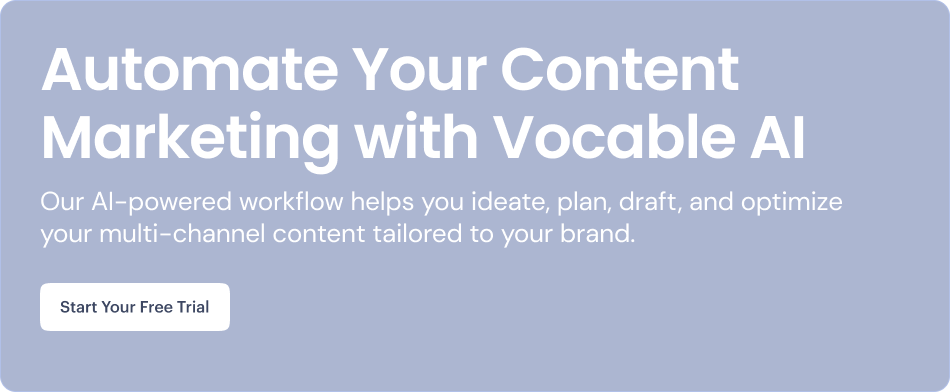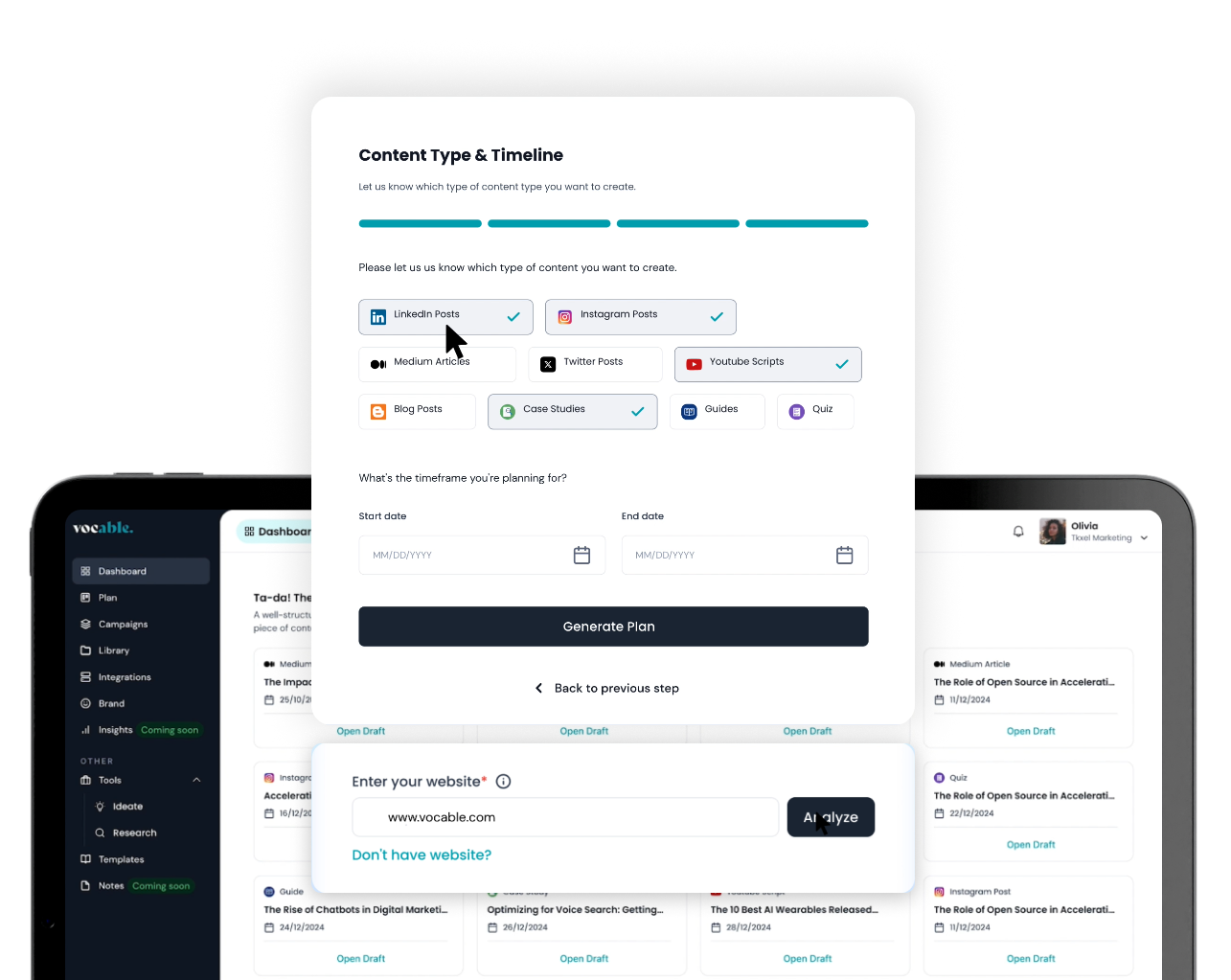Let’s Break Down AI Agents for Content (Seriously, Easiest Explanation Ever!)

Iman OubouFebruary 15, 2025 4 min read
The Three Waves of AI Evolution
When Generative AI models came out, we all thought we’d reached the pinnacle. We were wrong.
What we’re witnessing now, in 2025, is the third wave of AI evolution in content creation, and it’s going to make everything that came before look primitive. Enter: Agentic AI.
Let me break down these three waves to show you why this moment is so significant:
- Wave 1: Basic AI Assistants – Think ChatGPT and Claude. You ask, they respond. While powerful, they required constant human oversight. Every output needed review, every task needed specific instructions, and every step needed human intervention. It was like having a brilliant but entirely dependent assistant.
- Wave 2: AI-Powered Workflows – This is where we built our reputation. AI tools became more sophisticated, handling complex workflows and multi-step processes. Instead of just generating content, these systems could manage entire content pipelines – from ideation to distribution. But they still needed human orchestration and oversight.
- Wave 3: Agentic AI – This is where things get interesting. AI agents are fundamentally different from everything that came before. Instead of waiting for instructions, they take initiative. Instead of handling single tasks, they manage entire processes. Instead of requiring constant oversight, they work autonomously.
Let me explain Agentic AI in simple terms: Imagine the difference between having a contractor who needs detailed instructions for every task, versus having a seasoned project manager who just “gets it.” You tell them the goal, and they handle everything – coordinating with others, making decisions, and delivering results.
That’s what ‘TRUE’ AI agents do for content creation. They’re not just tools; they’re autonomous team members. One agent might notice a trending topic in your industry, collaborate with another agent to create relevant content, work with a third agent to optimize it for different platforms, and have it all ready for your review by morning (omg! The dreaaaam…!).
We’re already testing this in our own operations. Last month, we experimented with a system of three interconnected agents that scraped, analyzed and managed our blog content operation. The results? Wellll….We’re still experimenting but now you’re in this journey with us… so we will be sharing updates of our AI Agents as so you can be the first to leverage them.
But here’s the truly mind-blowing part: experts predict we’ll soon see more AI agents than people on the planet. Each specialized, each capable of handling complex tasks, and each able to work together seamlessly. It’s not just another tech upgrade – it’s a fundamental shift in the way we live and work!!
Agentic AI Explained...Simply
Last month, I watched a small business owner spend an entire day with ChatGPT. She meticulously crafted prompts, checked outputs, rewrote sections, and manually published across different platforms. She was proud of the results, but exhausted. “This is still so much work,” she sighed.
She was right. Well that’s because 1) she wasn’t using Vocable.ai‘s workflow (shameless plug) and 2) she was using AI like a very smart intern – one who has all the knowledge in the world but still needs constant supervision and direction.
But imagine instead having a team that works like this:
You say: “I want to grow my audience in the productivity space.”
Your Research Agent immediately starts analyzing trending topics in productivity across Twitter, LinkedIn, and Reddit. It identifies a growing conversation about “productivity guilt” among entrepreneurs.
Your Strategy Agent takes this insight and develops a content plan, identifying key angles that haven’t been covered by competitors.
Your Content Agent starts crafting pieces that speak directly to your audience’s pain points, maintaining your unique voice and perspective.
Your Distribution Agent automatically adapts each piece for different platforms, A/B tests headlines, and optimizes posting times based on your audience’s activity patterns.
All while you sleep!!
That’s the difference between AI tools and AI agents. It’s the difference between having a smart helper and having an autonomous content team that thinks and acts independently toward your goals.
Here's why this matters
The first wave of AI tools gave us incredible writing capabilities. The second wave (which we’re in now) gave us sophisticated workflows. But both still require significant human oversight and management.
AI agents represent something entirely new: truly autonomous systems that can understand context, make decisions, and work together without constant human input.
Think about how you delegate tasks to a trusted employee: “Could you look into what our competitors are doing with their email newsletters?” “Can you refresh our social media strategy?” “We need to improve our blog’s SEO.”
You don’t provide step-by-step instructions. You trust them to figure out the how. That’s exactly what AI agents will do, but at a scale and speed no human team could match.
The key difference is autonomy. While current AI tools wait for your commands, agents will proactively work toward your goals. They’ll identify opportunities, suggest improvements, and handle complex tasks without needing detailed instructions for every step.
This isn’t science fiction. The technology is being developed right now, and it’s going to fundamentally change how we think about content creation and business operations.
In our FREE email course, I share with you the four core types of AI agents that every content creator will need to understand, and why they’re different from anything you’re using today.
Until then, I want you to think about this: How would your business change if you had a tireless team working 24/7 to create, optimize, and distribute your content? What would you do with all that freed-up time and mental space?
Get Started with Vocable
Master every aspect of Vocable, from automated content planning to publishing in these step-by-step tutorials and product guides.
Get Started Now





